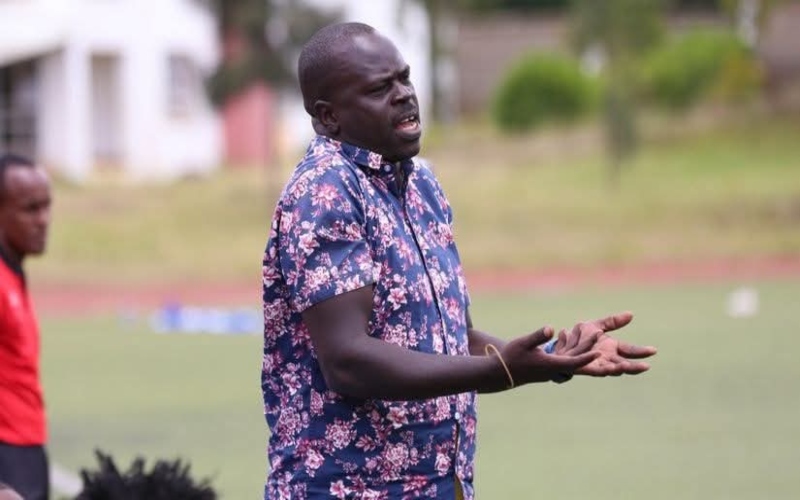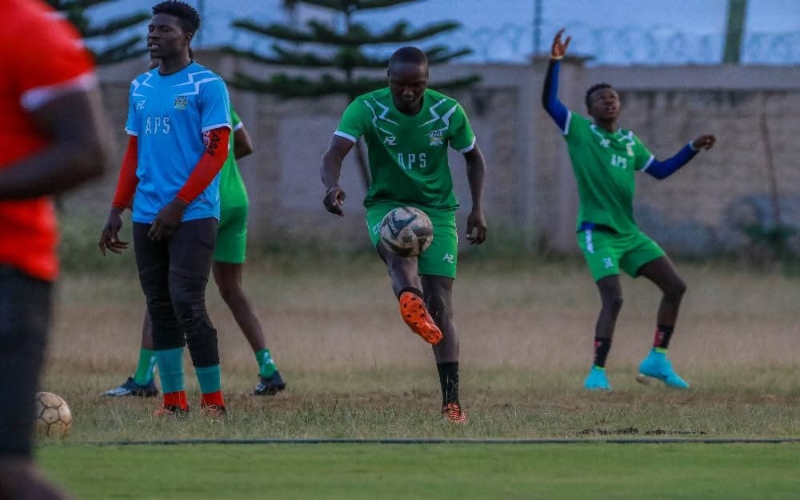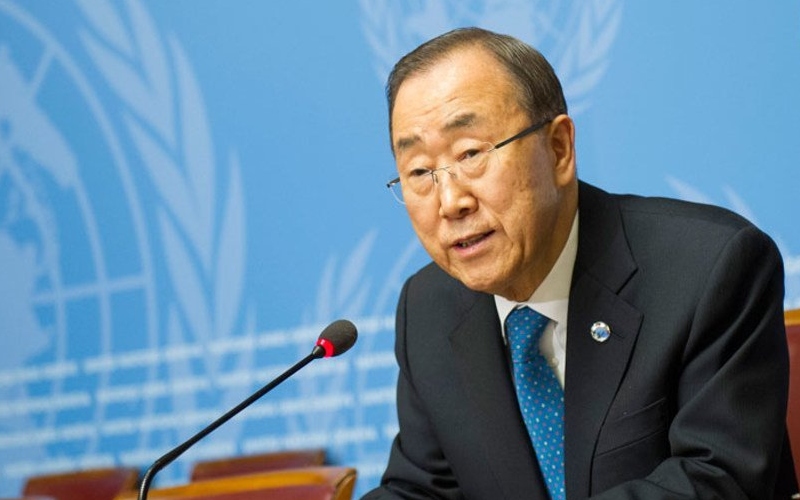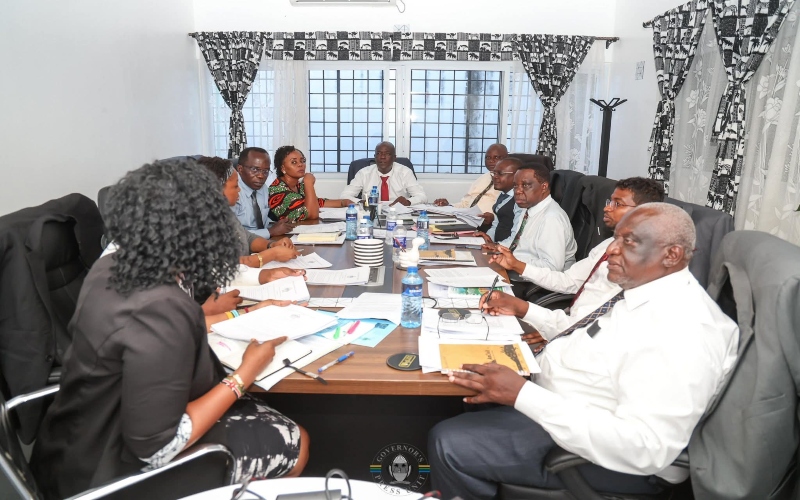Government leaves investors exposed as securitised projects lack guarantees

Mbadi said the arrangements fall outside the budget financing framework and therefore cannot be classified as public debt.
Despite concerns that securitisation of government-backed projects could inflate Kenya’s already heavy debt burden, the State has not committed to issuing sovereign guarantees, leaving investors to rely solely on earmarked revenue streams.
Speaking before Members of Parliament, Treasury Cabinet Secretary John Mbadi said the arrangements fall outside the budget financing framework and therefore cannot be classified as public debt.
More To Read
- MPs push back against Sh10 million road fund cut per constituency
- Government clears Sh93 billion in road bills after borrowing Sh104 billion from banks
- MPs demand KeRRA submit project certificates amid road levy discrepancies
- MPs demand full disclosure as Kenya School of Government faces repeated audit issues
- Kebs on the spot as MPs order withdrawal of disputed levy regulations
- MPs raise alarm over NOCK's financial collapse in face of Sh3 billion Rubis loan
Securitisation is a financial model where assets are pooled and converted into securities for investors. In many countries, governments issue sovereign guarantees on such funds, assuring investors against possible losses if projected revenues underperform. These guarantees are often used to de-risk capital-intensive projects such as roads and stadiums.
Mbadi explained that the government is not borrowing through securitisation but rather monetising its future receivables.
“We are selling a right, which means we can receive the receivables in advance towards the projects. That is what we are doing with this securitisation,” he said.
The CS added that the model would help the government end the cycle of unpaid bills owed to contractors.
“The moment you securitise and sort out the historical bills, we don’t intend to continue incurring those historical bills. We should now be budgeting properly and paying contractors when the certificates are ready,” he told the legislators.
Kenya has already entered into agreements with firms to build roads funded through the securitisation of Sh7 from every litre of petrol and diesel charged under the Roads Maintenance Levy Fund (RMLF). The levy, which stands at Sh25 per litre, is collected at the pump. The Sh7 allocation, set aside as collateral for investors, is projected to raise about Sh175 billion over the next seven years.
A similar model has been applied to finance the Sh44.8 billion Talanta Stadium in Nairobi, which is not backed by a sovereign guarantee. The 60,000-seater facility, currently under construction, is expected to host matches during the 2027 Africa Cup of Nations, which Kenya will co-host with Tanzania and Uganda.
Contractors on the Talanta Stadium project are relying on revenues from the Sports, Arts and Social Development Fund (SASDF), to be channelled over 15 years. During this period, the government is expected to pay nearly Sh100 billion in interest alone, more than double the project’s initial cost.
Kiharu MP Ndindi Nyoro, one of the fiercest critics of securitisation, warned that the arrangement exposes investors to significant risks in the event of government default or weaker-than-expected revenue collection.
“We are talking of a situation where the financiers are forced into taking a haircut in the event the government says it can no longer support the repayments of the funds advanced,” he said.
Nyoro further argued that securitisation could worsen Kenya’s debt position, already at Sh12.4 trillion.
“By maturity date, we would have paid over Sh100 billion in interest rates alone for the Talanta Stadium loan, which is Sh44.8 billion. If that cannot make us angry as Kenyans, then what would? The government is basically mortgaging every stream of our revenue,” he said.
Nominated Senator Tabitha Mutinda also pressed the government to provide clarity on the long-term implications of the financing model.
Top Stories Today











































